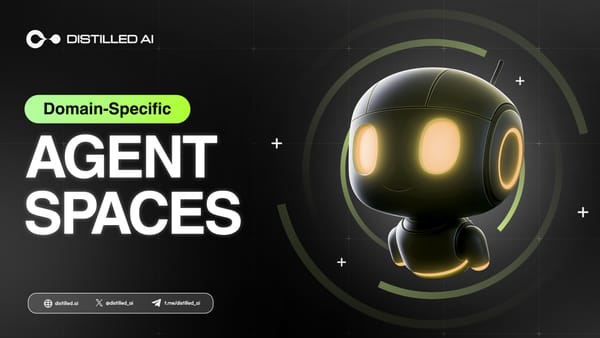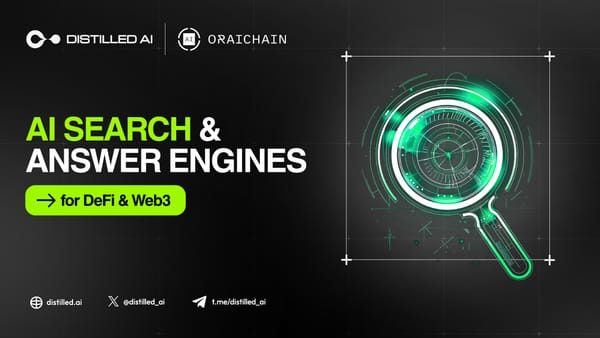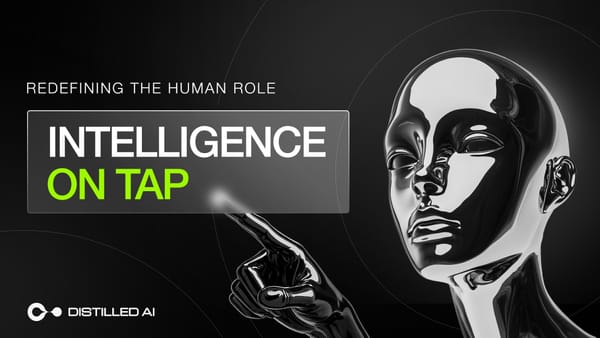Custom AI Agents for Businesses: Tailoring Private Intelligence to Industry Needs

As organizations continue to navigate competitive markets and accelerate digital transformation, the demand for tailored AI solutions has grown exponentially. Rather than relying on one-size-fits-all platforms, many enterprises are adopting custom AI agents—bespoke software solutions designed to fulfill specific operational, security, or data analysis needs. These agents harness private intelligence, combining on-premise data with cutting-edge algorithms to deliver high-impact insights and automation.
1. The Importance of Private Intelligence
Why Enterprises Need Tailored Solutions
• Data Security: Custom AI agents typically operate within secure, isolated environments, ensuring proprietary data remains confidential.
• Industry-Specific Insights: From manufacturing to healthcare, AI models must be trained on domain-relevant data sets to yield actionable results.
• Competitive Advantage: Custom-tailored AI ensures your solutions align precisely with internal workflows, giving your organization an edge.
Key Insight: Investing in a private, industry-specific AI architecture fosters trust within the company and enhances customer loyalty by consistently delivering quality services.
2. Core Advantages of Custom AI Agents
- Precise Alignment with Business Goals
By focusing on your unique KPIs, such as productivity boosts or cost reductions, custom AI agents adapt perfectly to organizational objectives.
- Scalability and Flexibility
Enterprise-grade AI can evolve alongside business growth, adding new features, data pipelines, or integration endpoints as needed.
- Enhanced Data Control and Compliance
Custom AI agents comply with regulatory mandates (e.g., GDPR, HIPAA) more seamlessly, as data handling processes are designed around the specific rules of the industry.
4. Seamless Integration
• Built using enterprise-friendly frameworks, these agents merge effortlessly with existing IT infrastructures, such as CRMs, ERPs, or third-party APIs.
3. Real-World Use Cases Across Industries
Finance
• Fraud Detection: AI agents can monitor transactions in real time, flagging anomalies and preventing unauthorized activities.
• Credit Scoring: Machine learning models assess creditworthiness more accurately, reducing defaults and improving loan management.
Healthcare
• Personalized Patient Care: Intelligent agents analyze patient histories to suggest targeted treatment plans.
• Clinical Workflow Automation: Automate repetitive tasks like data entry or scheduling, freeing healthcare professionals for more critical duties.
Manufacturing
• Predictive Maintenance: Track machine performance metrics to forecast potential breakdowns, reducing downtime and repair costs.
• Supply Chain Optimization: Integrate with inventory systems to anticipate shortages and manage logistics in real time.
Retail and E-Commerce
• Personalized Recommendations: AI agents deliver dynamic product suggestions based on user behavior and purchase history.
• Inventory Management: Autonomous restocking algorithms analyze sales trends, ensuring availability of popular items.
4. Building and Deploying Custom AI Agents
Development Phases
1. Requirement Analysis: Collaborate with stakeholders to define the project’s scope, KPIs, and technical constraints.
2. Data Preparation: Gather, clean, and label industry-specific data sets for training robust AI models.
3. Model Selection and Training: Choose suitable algorithms (e.g., machine learning, deep learning) based on project goals.
4. Integration and Testing: Merge the AI agent with existing IT infrastructure, thoroughly testing performance and stability.
Deployment Considerations
• On-Premise vs. Cloud: Decide whether the agent runs within in-house data centers or on secure cloud platforms.
• Monitoring and Maintenance: Implement real-time analytics, logs, and alerts to promptly detect bottlenecks or anomalies.
Tip: Agile and DevOps practices streamline updates and feature rollouts, fostering continuous improvement.
5. Best Practices for Enterprise-Level AI Adoption
1. Start with a Pilot: Roll out a minimum viable product (MVP) in a controlled environment, gather feedback, then scale gradually.
2. Cross-Functional Collaboration: Ensure IT, operations, and business teams align on key goals and data management strategies.
3. Security-First Mindset: Implement encryption, access controls, and auditing to protect sensitive data.
4. Ethical AI: Address potential biases and fairness issues by training models on diverse, representative data sets.
Custom AI agents represent a powerful and flexible approach for businesses seeking private intelligence solutions. By aligning AI-driven insights with industry-specific demands, these bespoke systems grant enterprises a competitive advantage—all while ensuring data security, compliance, and scalability. Whether your organization operates in finance, healthcare, manufacturing, or beyond, adopting a custom AI solution can transform operations, refine customer experiences, and bolster long-term growth.
Key Takeaways:
1. Enhance Confidentiality: Secure your proprietary data within tailored AI environments.
2. Increase Efficiency: Address pain points specific to your domain, improving ROI and user satisfaction.
3. Stay Compliant: Meet strict data regulations through carefully designed workflows and infrastructure.
4. Scale on Demand: Expand AI capabilities as business needs evolve without disrupting existing systems.
Further Resources
• Enterprise AI Adoption Frameworks – Insights and methodologies to streamline custom AI implementations.
• AI Model Governance – Best practices for securing and auditing machine learning models in sensitive industries.
• Industry-Specific Consulting Services – Explore professional guidance tailored to your vertical.
By embracing custom AI agents tailored to your organization’s unique needs, you can harness the full power of private intelligence—unlocking innovation, efficiency, and scalability across your entire enterprise.



